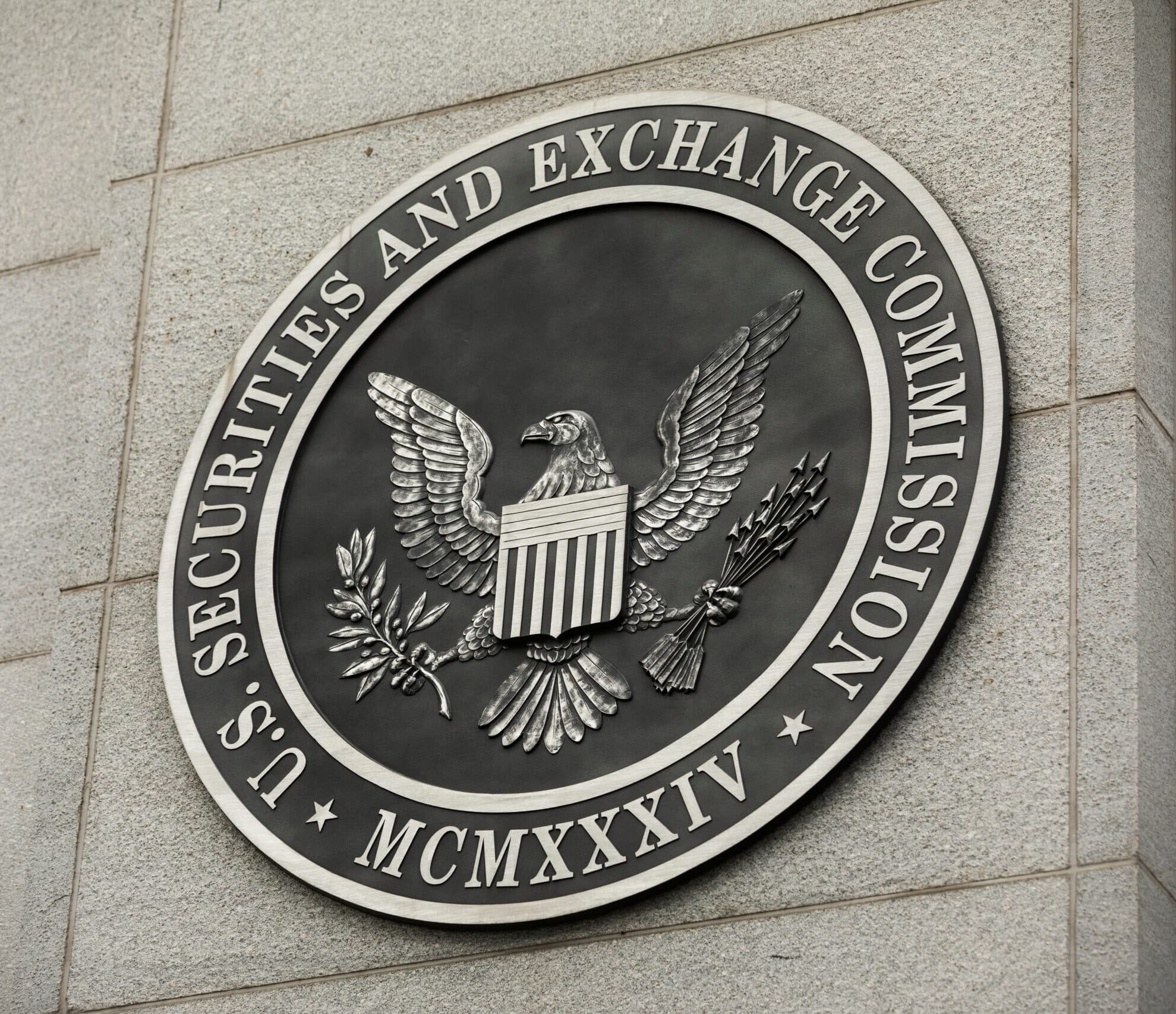Lawmakers lashed out at the Securities and Exchange Commission’s accounting standards for crypto custodians Thursday, in the form of a joint resolution hoping to overturn it.
The bipartisan group of Sen. Cynthia Lummis (R-Wyo.), Rep. Mike Flood (R-Neb.), and Wiley Nickel (D-N.C.) introduced the resolution in the House and the Senate with the goal of repealing Staff Accounting Bulletin (SAB) No. 121, which went into effect in April 2022 and mandates crypto custodians report a liability and “corresponding assets” on their balance sheets. This would essentially require companies to put a customer’s crypto assets on their own balance sheet as a liability and maintain enough capital to reflect the value of those assets. Traditionally, banks and other firms have been able to treat property held in custody as “off-balance sheet.”
“SAB 121 has massive implications, and the SEC should have received feedback on it from the federal banking regulators and the public before implementing this legally binding directive,” said Sen. Cynthia Lummis in a statement. “I have serious concerns over the impact of this bulletin on consumer protection and ensuring well-regulated financial institutions are able to provide safe custody for Americans’ hard-earned financial assets.”
Critics of the rule say it has discouraged banks and other institutions for custodying digital assets because it differs from longstanding practices.
In Oct. 2023 the Government Accountability Office (GAO) found that SAB 121 should be considered a rule under the Congressional Review Act, which would have required the SEC to submit a report on the rule to the House and the Senate and have an open comment period.
But SABs are not rules and are only used by the regulator’s staff for interpretive guidance, according to the SEC. The bulletin drew the ire of one of the SEC’s own commissioners, Hester Pierce, who called the bulletin “another manifestation of the Securities and Exchange Commission’s scattershot and inefficient approach to crypto.”
Industry Reacts
Industry groups welcomed the joint resolution.
“SAB 121’s implementation imposed stringent restrictions on banks and other trusted custodians’ ability to manage digital assets,” said industry group Chamber of Digital Commerce in a statement. “This not only heightened the risks of consumers delving into digital asset investments, but also increased their financial burdens, making it more challenging for them to safely engage with digital assets.”
The American Bankers Association said in a statement that the bulletin “represents a significant departure from longstanding accounting treatment for custodied assets and threatens the banking industry’s ability to provide its customers with safe and sound custody of digital assets.”
Like a bill, a joint resolution must pass the Senate and the House before being signed by the President.



